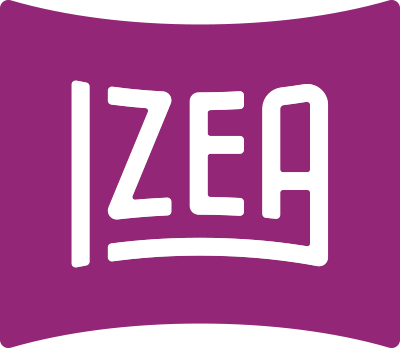![]()
Award-winning freelance journalist Nate Thayer, who has 25 years of experience as a foreign correspondent, is trying to raise $67,500 on his website to self-publish Sympathy for the Devil: Living Dangerously in Cambodia, his book about the Pol Pot regime. Thayer’s efforts to get his reporting published hasn’t been easy. To date, the writer has managed to gather over 800 pages of original research, including photographs and documents, for the book. But the longer struggle to get his story published goes back over a decade, to when he became the first Western journalist to interview Pol Pot since the Cambodian genocide.
“Traditional publishing has massively changed over the past few years,” Thayer says.
Advances are becoming rarer, pay is smaller and authors are now often expected to do much of the work that publishers once prided themselves on: editing, fact-checking and design. “The actual process of getting the book ready for publication, and the costs, often fall upon the authors themselves,” Thayer says.
Beacon’s Dan Fletcher says crowdfunding can support coverage of topics often ignored by mainstream media.
Writing for passion, not page views
As a response, many journalists are turning to crowdfunding for the same reason Thayer did: they want creative control to maintain the integrity of their content, and enough money to pay their bills.
Beacon, backed by the accelerator Y Combinator, is a startup dedicated to addressing this very problem by crowdfunding journalism projects. Journalists and writers who want to cover niche topics can pitch their project via the platform. If theirs is among the 30 or 40 percent that win approval during Beacon’s internal review process they are almost a sure bet to get funding (over 90 percent of greenlit projects reach funding goals).
Beacon launched in September with only around 200 subscribers and now has over 3,000, supporting just over 100 writers from more than 30 countries. Readers can pay five dollars a month to support a writer, and have access to the other hundred or so writers on the platform (70 percent goes directly to the writer, 15 percent is divvied up among writers with the most oft-viewed articles, and 15 percent goes to Beacon.) Readers can also pony up for perks or gift subscriptions. Some writers offer source materials, additional standalone stories and Q+As in discussion forums as enticements.
From TIME, to Facebook, to crowdfunding
Writers have different earnings expectations, but co-founder Dan Fletcher estimates author income ranges anywhere from “thousands a month with a big $45,000 check up front, to people making a couple hundred dollars a month.” Topics are extremely diverse, running the gamut from international politics to higher education and everything in between: startup culture, environmental issues, American sports, space flight, wearable tech, travel, folk music, food, science, human interest stories.
“Imagine a Web where we didn’t have to rely on advertising to support the content we love,” Fletcher says. Advertising, he thinks, has forced journalists to focus on broadly popular topics, and bite-sized reporting, at the expense of their passions. Beacon seeks to address the issue by building a community of content creators and those who will pay to support those covering the topics that they’re passionate about.
Fletcher, who penned a TIME cover story at the age of 22 and who worked as a social media director at Bloomberg and managing editor at Facebook, has a Beacon project himself that explores the many ways that people manipulate social networks for their own advantage. In the past, Fletcher says, “the pressure was that I wasn’t able to do those stories with the sort of depth and time that I wanted to, because I had to write about Facebook as a fad or trend… It was always trying to write about what the next new app was and things like that, because that’s what people click on. There was less room for the meatier, more substantive reporting. I experienced the problem, and Beacon is sort of the reaction to that,” he says.



